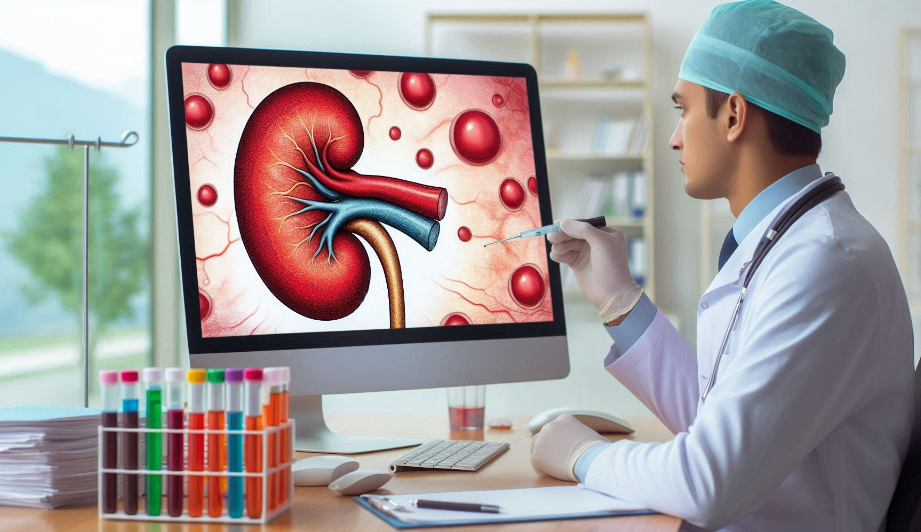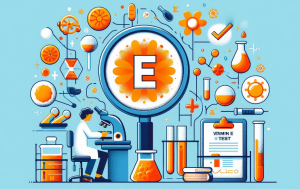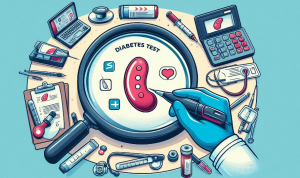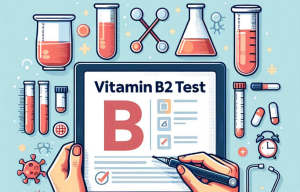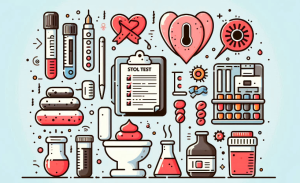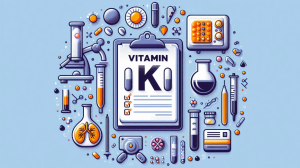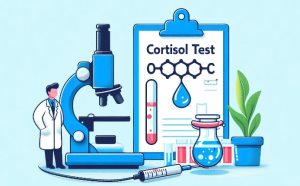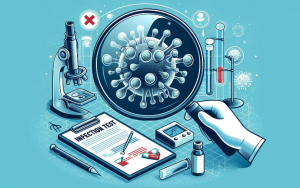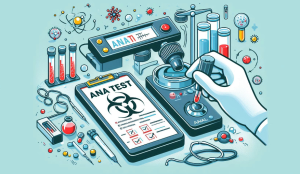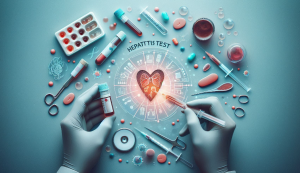What is a Kidney Test?
Kidney tests, also referred to as renal function tests, encompass a variety of blood and urine tests designed to assess how well your kidneys are functioning. The kidneys play a crucial role in filtering waste products and excess fluids from your blood, maintaining electrolyte balance, and producing hormones that regulate blood pressure and red blood cell production. Kidney tests can help detect and monitor kidney disease, even in its early stages when there may be no noticeable symptoms.
Why Do You Need a Kidney Test?
Your healthcare provider may recommend kidney tests for various reasons, including:
- Screening for kidney disease: People with risk factors for kidney disease, like diabetes, high blood pressure, or a family history of kidney problems, might require regular screening.
- Diagnosing kidney problems: If you have symptoms suggesting kidney dysfunction, such as fatigue, swelling, changes in urination, or high blood pressure, these tests can help pinpoint the problem.
- Monitoring kidney function: If you have a known kidney condition, regular testing can help monitor its progression and assess the effectiveness of treatment.
- Evaluating the impact of medications: Some medications can affect kidney function, so monitoring is essential for those taking certain drugs.
What Does a Kidney Test Measure?
Kidney tests typically assess the following:
- Glomerular Filtration Rate (GFR): This estimates how much blood your kidneys filter per minute, indicating their overall function.
- Blood Urea Nitrogen (BUN): This measures the amount of urea nitrogen, a waste product, in your blood.
- Creatinine: This measures the level of creatinine, another waste product, in your blood.
- Urine albumin: This checks for the presence of albumin (a protein) in your urine, which can be a sign of kidney damage.
- Other electrolytes and minerals: Kidney tests might also assess levels of sodium, potassium, phosphorus, and calcium, which are important for kidney function.
Preparing for the Test
Preparation might vary depending on the specific tests ordered:
- Fasting: Some blood tests might require fasting, so follow your doctor’s instructions.
- Urine collection: You might need to collect a 24-hour urine sample, following specific instructions for collection and storage.
- Medications: Inform your doctor about all medications and supplements you’re taking, as some might affect the test results.
Understanding the Results
Your healthcare provider will interpret your results based on normal reference ranges. Generally:
- Decreased GFR: Indicates impaired kidney function.
- Elevated BUN and creatinine: Suggests that your kidneys aren’t filtering waste products efficiently.
- Presence of albumin in urine: Signifies kidney damage.
- Abnormal electrolyte levels: Might indicate kidney dysfunction or other health problems.
Risk Factors and Prevention
Several factors can increase your risk of developing kidney disease, including:
- Diabetes: High blood sugar levels can damage the kidneys over time.
- High blood pressure: Uncontrolled hypertension can strain the kidneys.
- Family history of kidney disease: Genetic predisposition can play a role.
- Heart disease: Cardiovascular problems can affect blood flow to the kidneys.
- Smoking: Smoking damages blood vessels and increases the risk of kidney problems.
- Obesity: Excess weight can contribute to kidney disease.
Prevention strategies focus on:
- Managing underlying conditions: Controlling diabetes and high blood pressure is crucial.
- Healthy lifestyle: Maintaining a healthy weight, eating a balanced diet low in sodium, and exercising regularly can help protect your kidneys.
- Avoiding smoking and excessive alcohol: These habits can harm your kidneys.
- Medication monitoring: If you’re taking medications that can affect kidney function, regular monitoring is important.
Remember, early detection and management of kidney disease is crucial for preserving kidney function and preventing complications. Consult your healthcare provider if you have concerns about your kidney health or are at risk for kidney problems.

 7351982473
7351982473